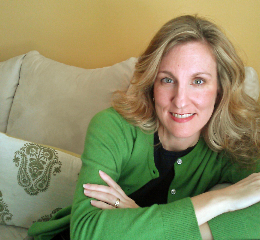18 years ago, Lori, a friend from my Ph.D programme in Creative Writing (we dropped out in the same month) published a children’s book which became and remains a best-seller.
She said God gave it to her in a single morning, as she was at a cabin on Lake Michigan.
She made lots of money from it, and it’s still selling well, 18 years later, with spin-offs too: a DVD, companion books, board books, computer games etc.
* * *
At that time, I was writing with sweat and self-effort and self-doubt, and did not know what it meant for God to give you books. I had a friend, also a professional writer, who’d say, “I am not a naturally talented writer like Anita. I just have to rely on the Lord,” and I would look at her, baffled.
Rely on the Lord for writing? It sounded to me like relying on the Lord to fly a Boeing 757. I thought writing was a matter of reading, studying the craft, learning from teachers and editors, and practising. Always practising.
I have always been fascinated by many writers’ experience of God giving them books or poems, and have hoped (and prayed, but, sadly, hoped more) that God would “give” me books. [Read more…]











 So, around 1987, when I was reading English at Somerville College, Oxford, Salman Rushdie read from Midnight’s Children at the Oxford University Majlis, the Indian society. And I stay up all night reading Midnight’s Children, transfixed. At least 95% of the novels, plays, poetry I had read until then had been written by British, American and European authors. Unconsciously, I thought of their countries, their lives, as the proper subject of literature.
So, around 1987, when I was reading English at Somerville College, Oxford, Salman Rushdie read from Midnight’s Children at the Oxford University Majlis, the Indian society. And I stay up all night reading Midnight’s Children, transfixed. At least 95% of the novels, plays, poetry I had read until then had been written by British, American and European authors. Unconsciously, I thought of their countries, their lives, as the proper subject of literature.
